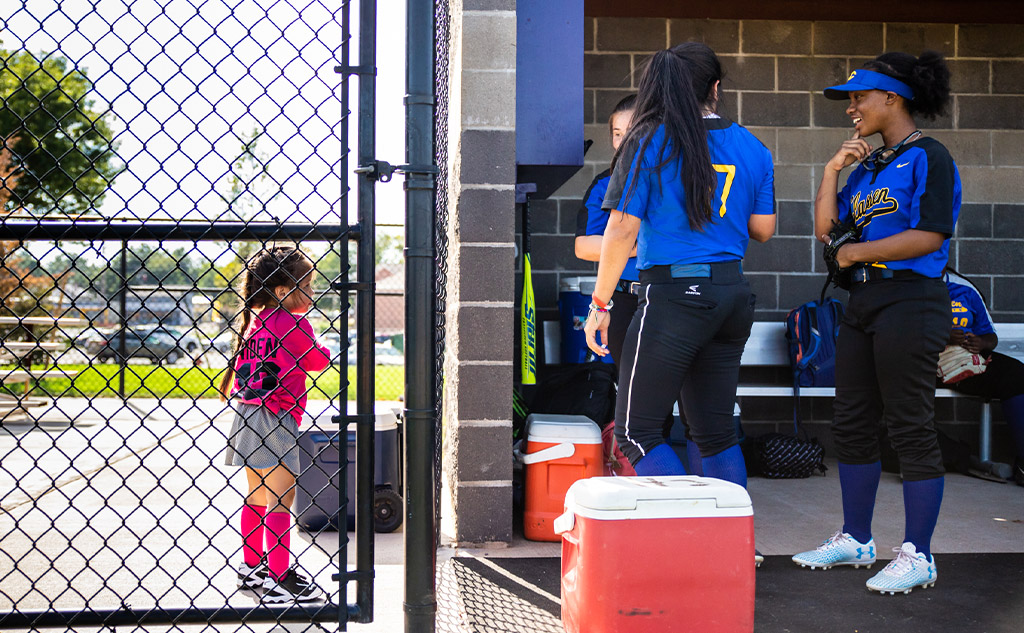Every spring, the sports fields, gyms, and tracks at schools across Oklahoma City buzz with the energy and promise of a new season. Yet behind this excitement lies a troubling trend:
As girls in Oklahoma City Public Schools move from middle school to high school, many of them are quietly stepping away from the sports that once fueled their enthusiasm and sense of belonging.
In 2023, Fields & Futures launched an ongoing research collaboration with Dr. David McLeod, Interim Director of OU’s Anne and Henry Zarrow School of Social Work, to better understand the impact of sports on underserved children in Title I schools. Recent findings by Dr. McLeod shed new light on this issue, and they couldn’t come at a more significant time. March is Women’s History Month, and March 8 marked International Women’s Day, both of which serve as powerful reminders that the future of our communities depends on the strength and success of our girls.
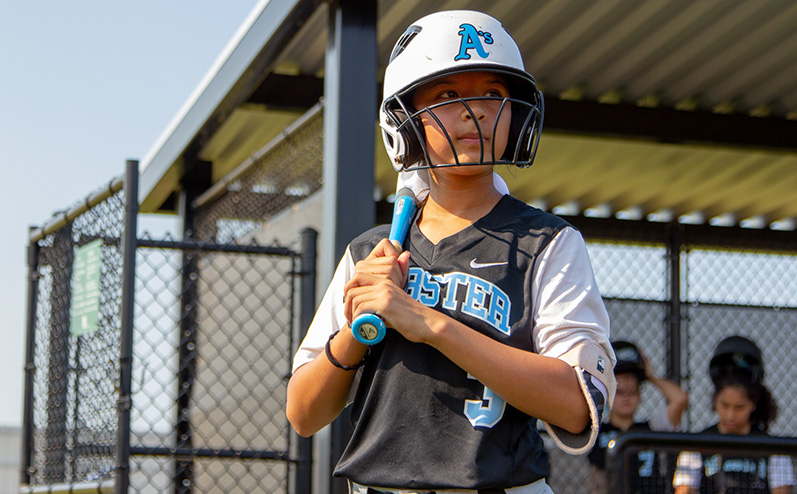
The Alarming Drop in Girls’ Sports Participation
Through our Memorandum of Understanding with OKCPS, Dr. McLeod analyzed the district’s data and found that sports participation among female students drops by 8% as they transition from eighth to ninth grade, while boys’ participation jumps to 35% in the same period. This period is precisely when girls – especially those in Title I schools – are most at risk for increased isolation, bullying, and a decline in their overall sense of belonging in school.
Dr. McLeod explained the insights he gleaned from this research with the following statement:
“Findings from the study indicate that sports participation is strongly associated with academic achievement, better attendance, and enhanced social-emotional well-being. Gender differences highlight that while both boys and girls benefit, the advantages are more pronounced for female athletes. Drop-off rates among girls between 8th and 9th grade correspond with declines in academic engagement and social-emotional stability. The results support the hypothesis that targeted interventions at this transition point could mitigate these negative effects.”
In other words, the precise moment when girls in Oklahoma City Public Schools can benefit the most from being part of a team—academically, socially, and emotionally—is when they are most likely to quit.
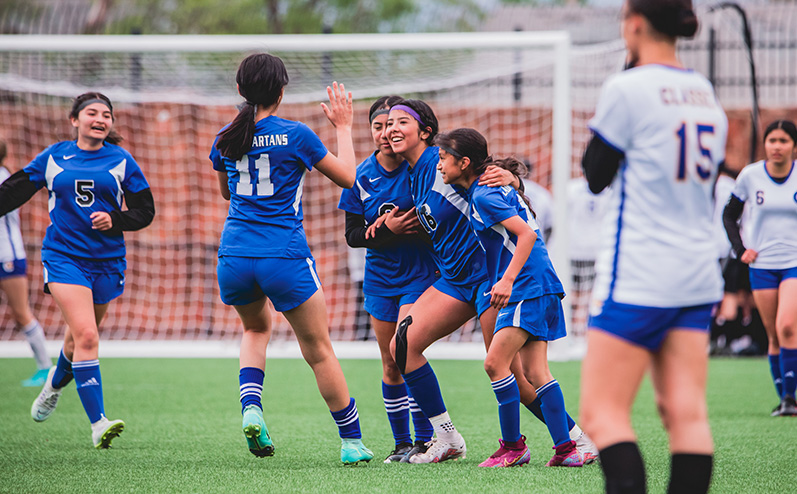
Why Sports Matter So Much for Girls
Research consistently shows that girls who remain involved in sports not only keep their grades up but also build valuable skills like leadership, collaboration, conflict resolution, and time management.
Dr. McLeod’s data indicates that the positive impact of athletics on academic engagement and social-emotional stability is nearly twice as strong for female athletes as it is for male athletes. This added boost can influence whether a student stays motivated and connected to her school community.
Additional context from Fields & Futures’ “Fiercely Female” survey of Roosevelt Middle School female student-athletes in 2018 underscores this point. In that survey:
- 91% of the girls reported feeling more motivated to attend school since joining a sports team.
- 71% said they felt better equipped to handle peer pressure.
- 94% expressed stronger aspirations to pursue college after high school.
- 70% reported being more accepting of their body image.
The “Fiercely Female” findings reinforce a historically consistent reality:
When girls from Title I communities participate in athletics, they gain a critical edge in overcoming system barriers by building confidence, strengthening academic engagement, and broadening their long-term goals.
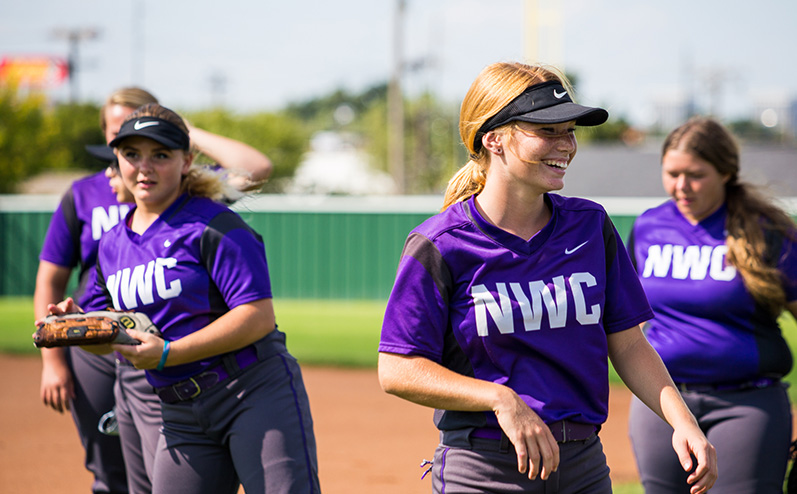
The Future Is Female
While Fields & Futures’ overarching goal is to increase sports participation for all students, these new findings remind us that the trends for girls and boys sometimes move in opposite directions – especially for Title I student-athletes. We must first identify why so many vulnerable young women from under-resourced communities walk away from sports at this transitional stage and then help them stay in the game.
To combat this decline, Fields & Futures is launching new initiatives in the fall focused on supporting girls in sports. These programs will dive deeper into understanding the unique obstacles young women in Title I schools face—ranging from concerns about body image to family responsibilities to limited access to mentorship and resources—and ensure that each barrier is addressed directly.
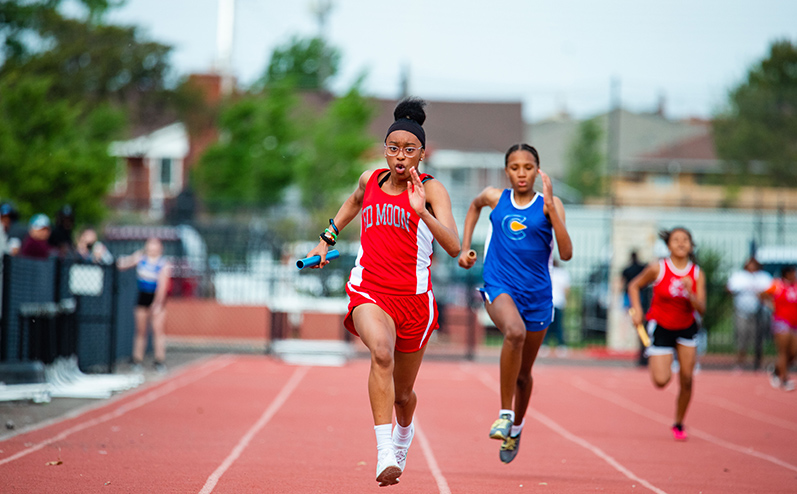
Pathway Partners Pave the Way
Through team experiences, resource sharing, and coaching support, we aim to empower every girl to find her voice and discover her strength on and off the field. But we need your help paving the way to a future where OKCPS girls view sports participation as a reality, not a wish.
We are seeking a Pathway Partner to invest in targeted, engagement-focused programming that supports these vulnerable student-athletes at the critical point where many of them drop out. This partnership will help Fields & Futures provide skill development, athletic opportunities, specialized coaches’ training, and vital resources so that more girls feel confident continuing their athletic journey into high school and beyond.
How You Can Help
By focusing on boosting girls’ sports participation, we can do more than just fill rosters—we can help shape confident, resilient, and successful young women who lead the way in our schools, communities, and beyond.
Here are a few ways you can help us ensure that girls in OKC’s urban core stay in the game and reach their full potential in athletics and in life.
- Become a Pathway Partner to help us develop long-term solutions that bridge the gap between middle school and high school sports participation for girls.
- Donate to the Fields & Futures Booster Club to support sport-specific programming.
- Volunteer as a youth league coach or mentor.
- Provide vital resources or subject matter expertise where you can make a difference.
If you or your organization is ready to become a Pathway Partner—or if you simply want to explore other ways to get involved—our development director, Emmy Hufnagel, would love to chat about our giving opportunities and custom giving plans. Together, we can keep girls in the game and help them thrive on and off the field.

